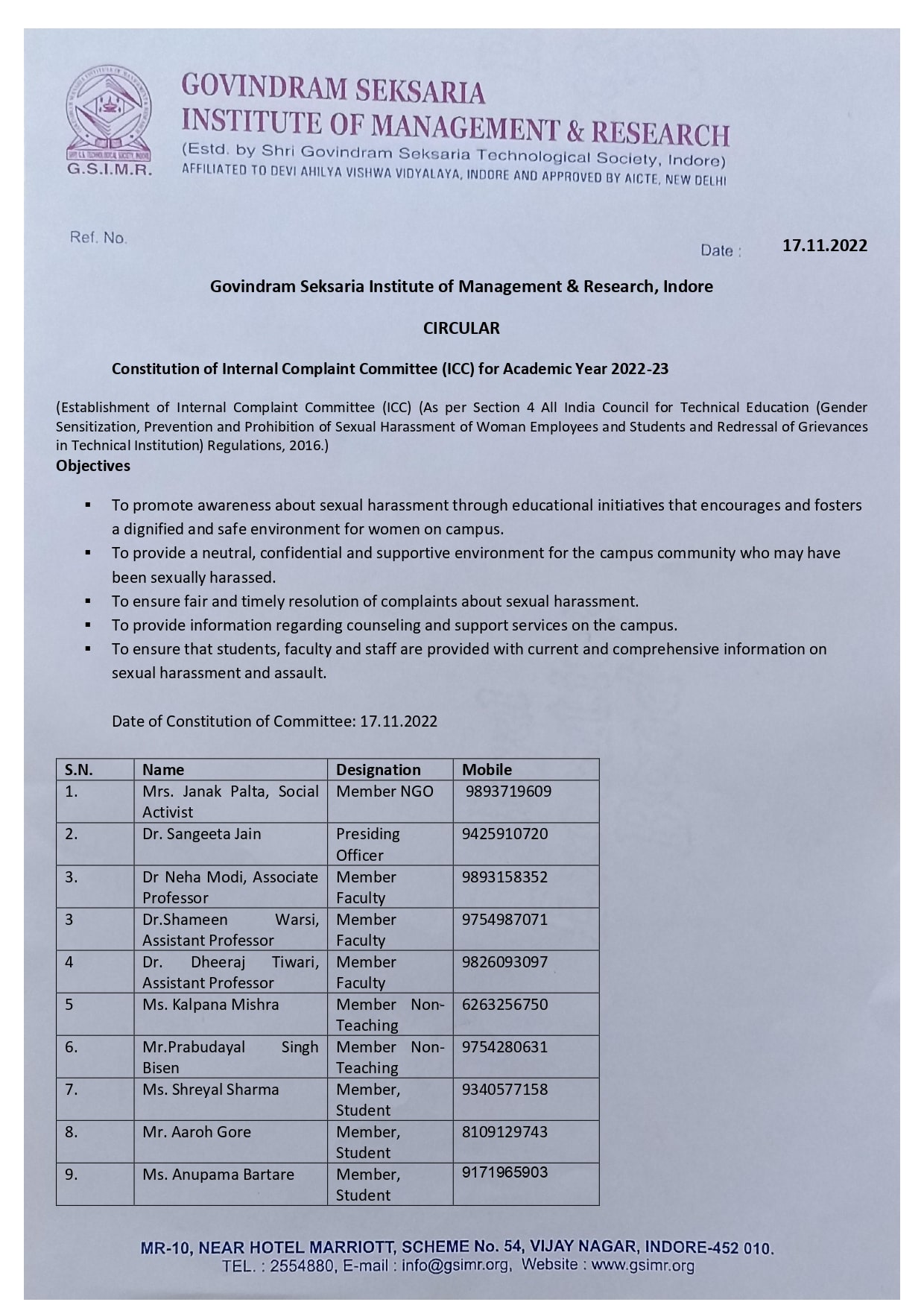Welcome to the ultimate guide on mastering finance in your MBA program. Finance plays a crucial role in the business world, and a solid understanding of financial principles is vital for MBA students. In this article, we will delve into the significance of mastering finance during your MBA studies and its impact on your future career.
A Path to Success
Mastering finance in your MBA program goes beyond just understanding numbers. It involves gaining a deep comprehension of financial concepts, decision-making, and strategic planning. Let’s explore the key aspects of this journey to financial expertise.
The Importance of Financial Acumen
Financial acumen is the ability to interpret and analyze financial data to make informed business decisions. As an MBA student, mastering finance provides you with a competitive edge, enabling you to:
– Evaluate investment opportunities and assess their potential returns.
– Understand financial statements and use them to gauge a company’s financial health.
– Make strategic financial decisions that align with business objectives.
– Manage risks effectively and optimize financial resources for growth.
The Curriculum: Building a Strong Foundation
The finance curriculum in an MBA program lays the groundwork for mastering finance. Key courses include:
- Financial Management
This course introduces fundamental concepts like capital budgeting, financial analysis, and risk management.
- Investments and Portfolio Management
Explore the world of investments, asset allocation, and portfolio diversification.
- Corporate Finance
Learn about capital structure, dividend policies, and financial planning for corporations.
- Financial Markets and Institutions
Understand the functioning of financial markets, banking systems, and regulatory frameworks.
- International Finance
Gain insights into managing financial operations in the global marketplace.
Gaining Real-World Experience
Mastering finance isn’t confined to textbooks. Hands-on experiences play a crucial role in bridging the gap between theory and practice. Engaging in internships, case studies, and finance projects during your MBA journey enhances your financial skills and prepares you for real-world challenges.
Unlocking Career Opportunities
A strong foundation in finance opens doors to diverse career paths:
Investment Banking
Work in financial advisory, mergers, acquisitions, and capital raising.
Corporate Finance
Handle financial planning, budgeting, and analysis within a company.
Consulting
Provide financial expertise to clients on strategic decision-making.
Financial Analysis
Analyze financial data to support business operations and investment decisions.
Frequently Asked Questions (FAQs)
Q: How important is finance mastery for non-finance professionals?
Finance mastery is essential for all MBA students, regardless of their prior experience or background. It equips them with valuable skills that are applicable across industries.
Q: Can mastering finance enhance my decision-making skills?
Absolutely! Finance mastery helps you make data-driven decisions, assess risks, and understand the financial implications of various choices.
Q: Are there specific areas of finance that an MBA graduate can specialize in?
Yes, MBA graduates can specialize in areas like investment banking, corporate finance, financial analysis, and consulting, based on their interests and career goals.
Q: How can I gain practical experience in finance during my MBA program?
Participate in internships, finance projects, and case competitions to gain hands-on experience and apply financial concepts to real-world scenarios.
Q: Can mastering finance lead to higher earning potential?
Yes, MBA graduates with finance expertise often command higher salaries due to their ability to drive financial success and strategic decision-making for businesses.
Q: Is a finance background necessary for a successful MBA journey?
While a finance background can be advantageous, MBA programs are designed to accommodate students from diverse academic and professional backgrounds. The curriculum is structured to build a strong foundation in finance for all students.
Conclusion:
At Govindram Seksaria Institute of Management & Research (GSIMR), students are presented with a plethora of exciting opportunities to shape their future through diverse MBA specializations. One such specialization that holds immense significance in the corporate landscape is **Financial Accounting**. The specialization in Financial Accounting equips students with a profound understanding of financial principles, reporting, and analysis.
With a robust curriculum and expert faculty, GSIMR’s Financial Accounting specialization stands at the forefront of nurturing finance professionals who can excel in various domains. Students delve into the intricacies of financial reporting, investment analysis, and risk management, ensuring they are well-prepared to meet the demands of the finance industry.
The Financial Accounting specialization opens doors to rewarding career paths, including roles in financial analysis, corporate finance, and investment management. Graduates are well-equipped to make strategic financial decisions, optimize financial resources, and drive sustainable growth for businesses.
As one of the premier business schools in central India, GSIMR takes immense pride in fostering a learning environment that empowers students to pursue their passions and chart successful career trajectories. The offering of the Financial Accounting specialization further enriches the academic landscape at GSIMR, making it a preferred destination for aspiring finance professionals.
Whether you aspire to become a financial analyst, investment banker, or finance manager, GSIMR’s Financial Accounting specialization provides the perfect platform to realize your ambitions and embark on a fulfilling journey in the world of finance.


